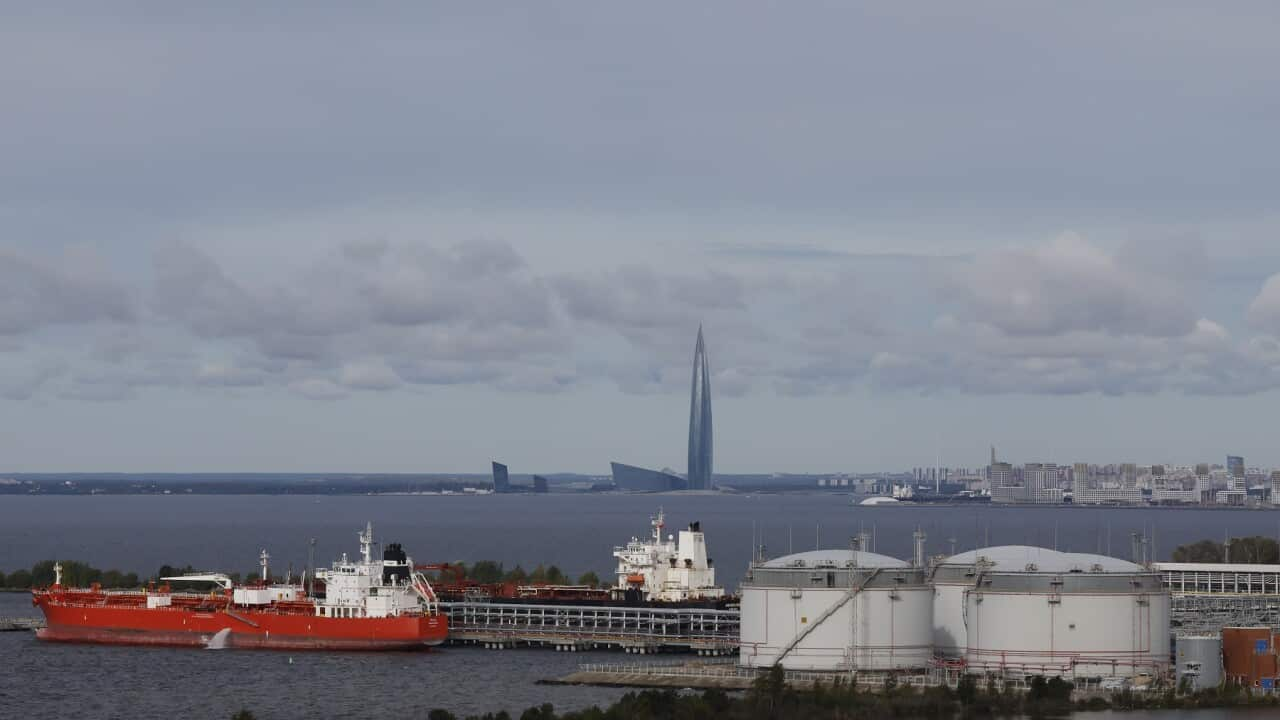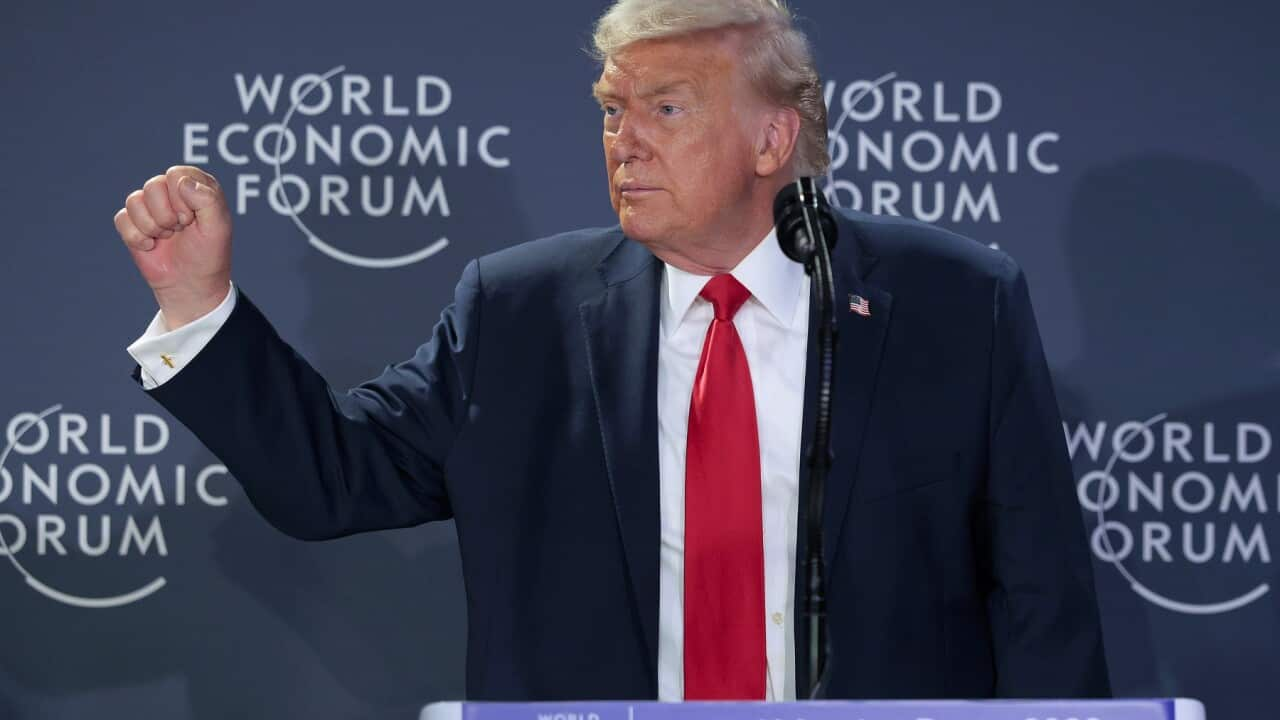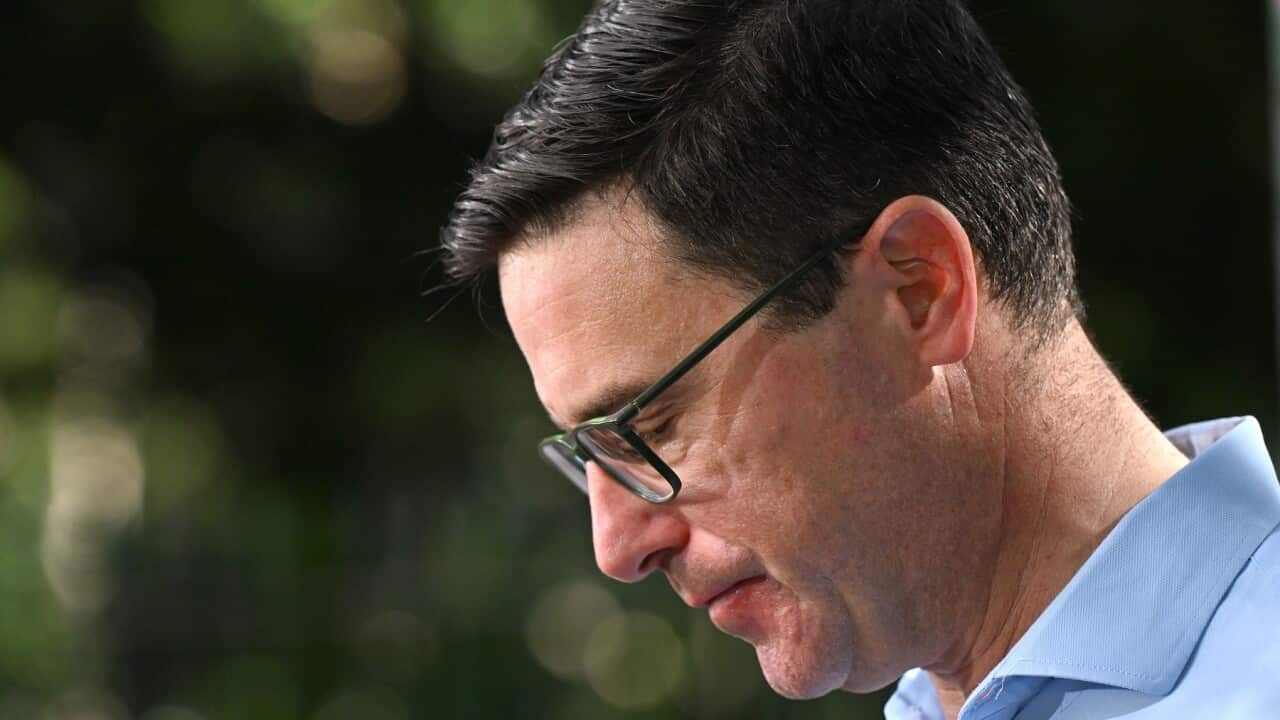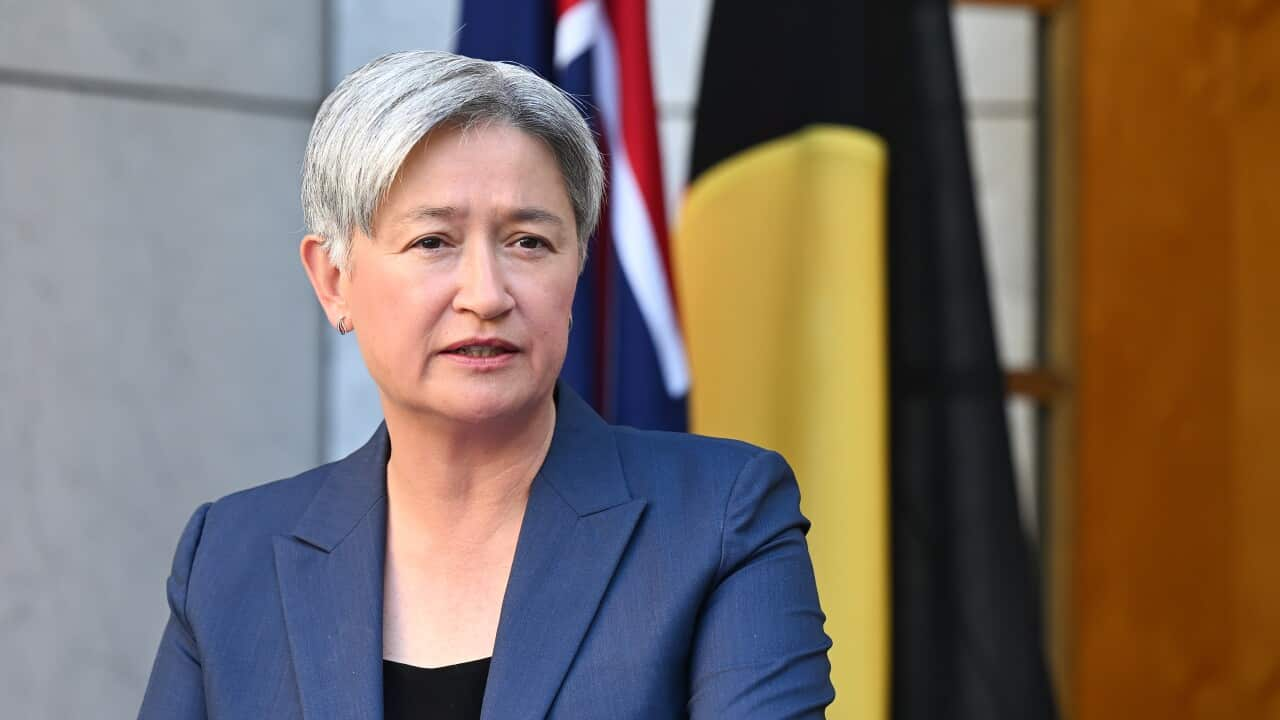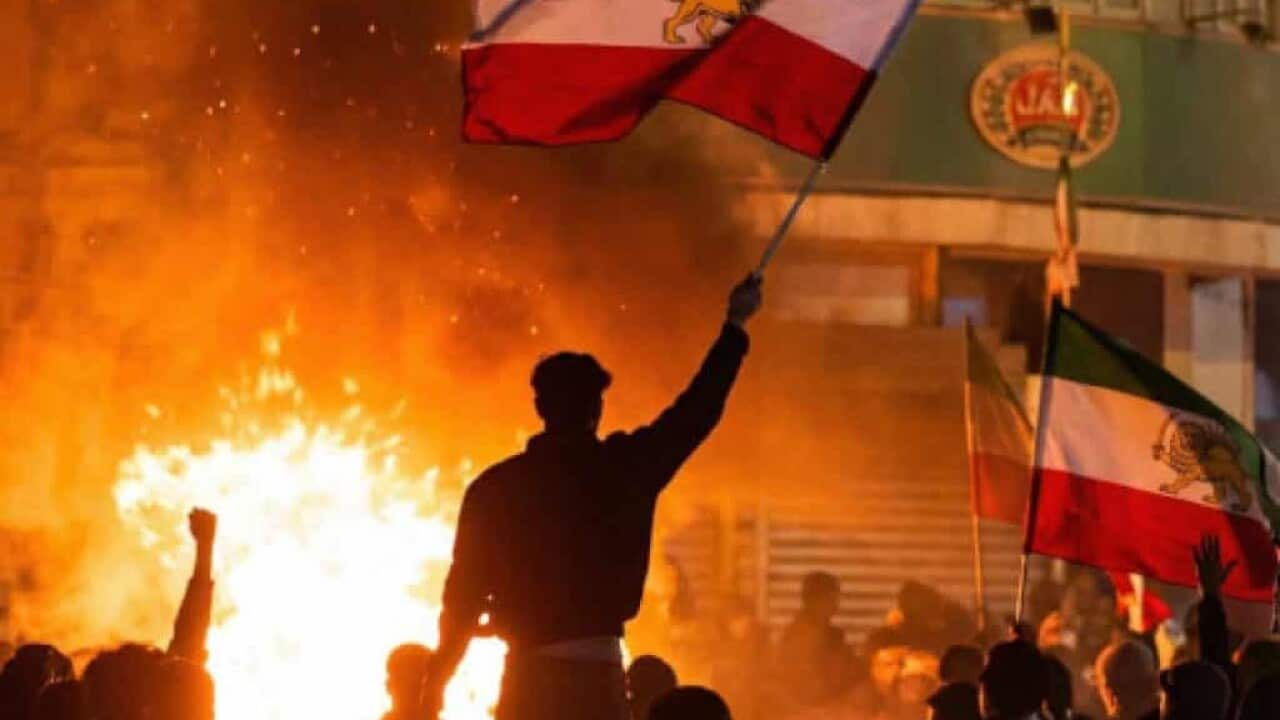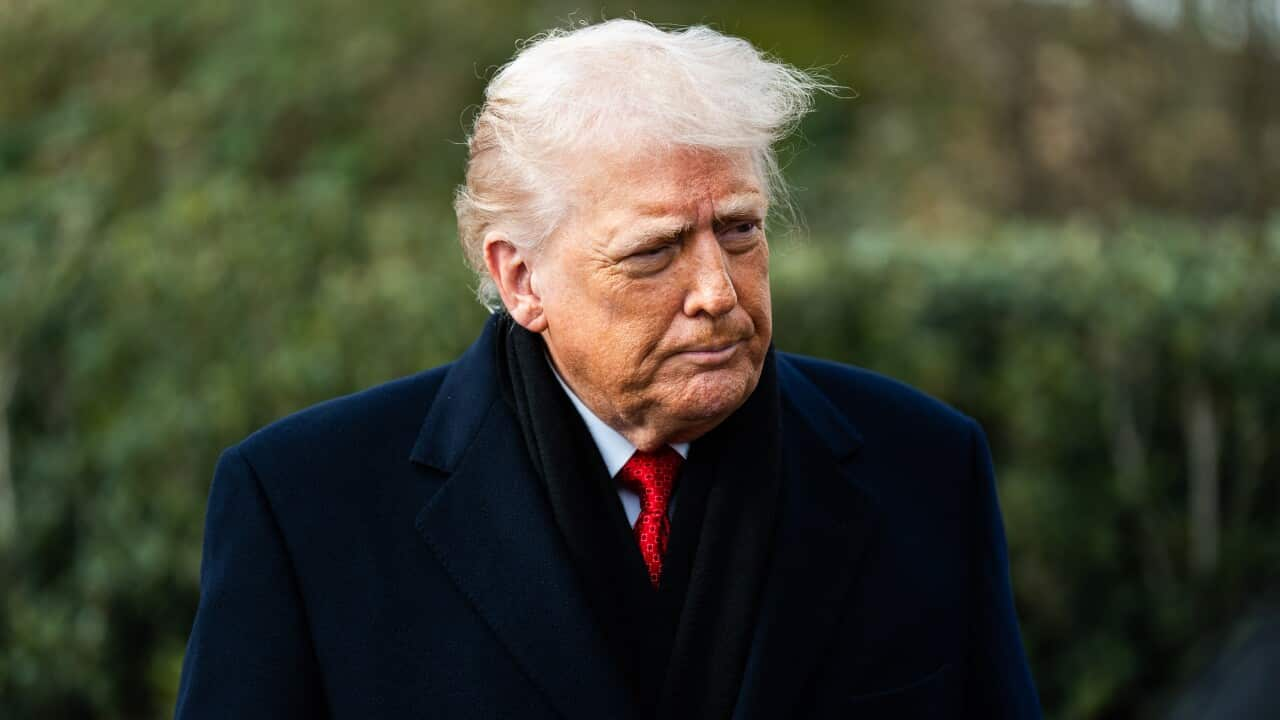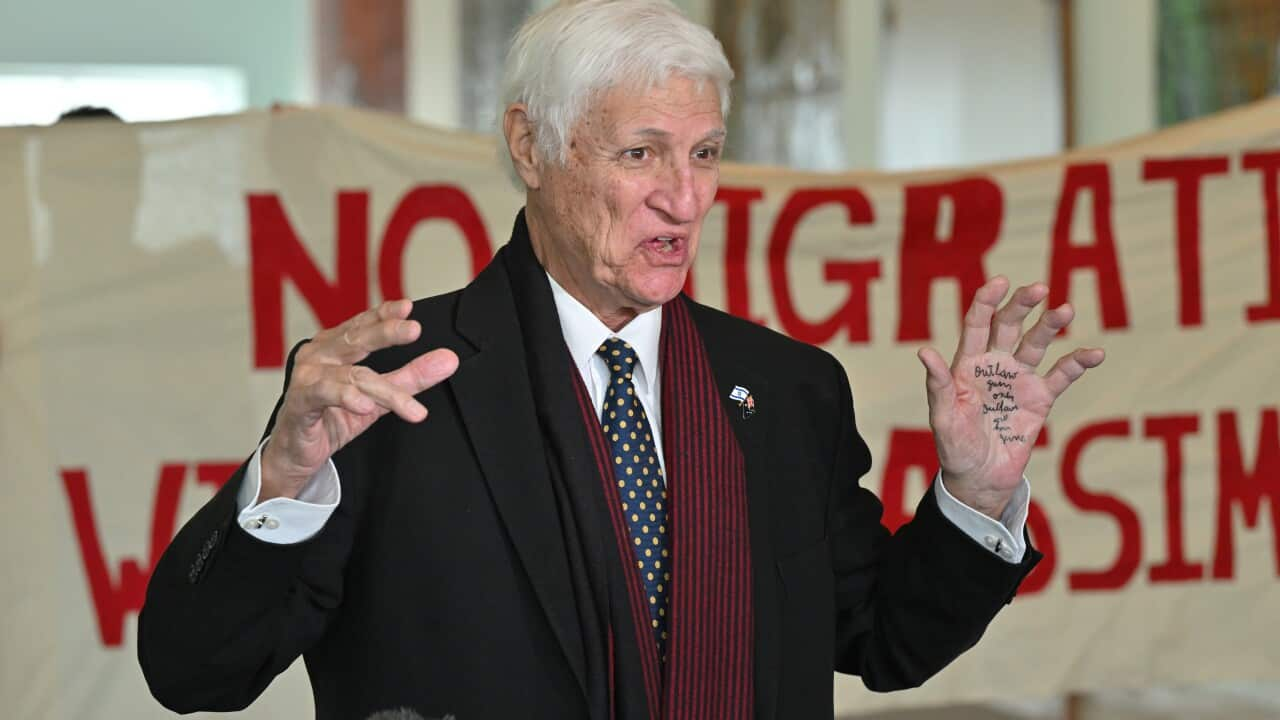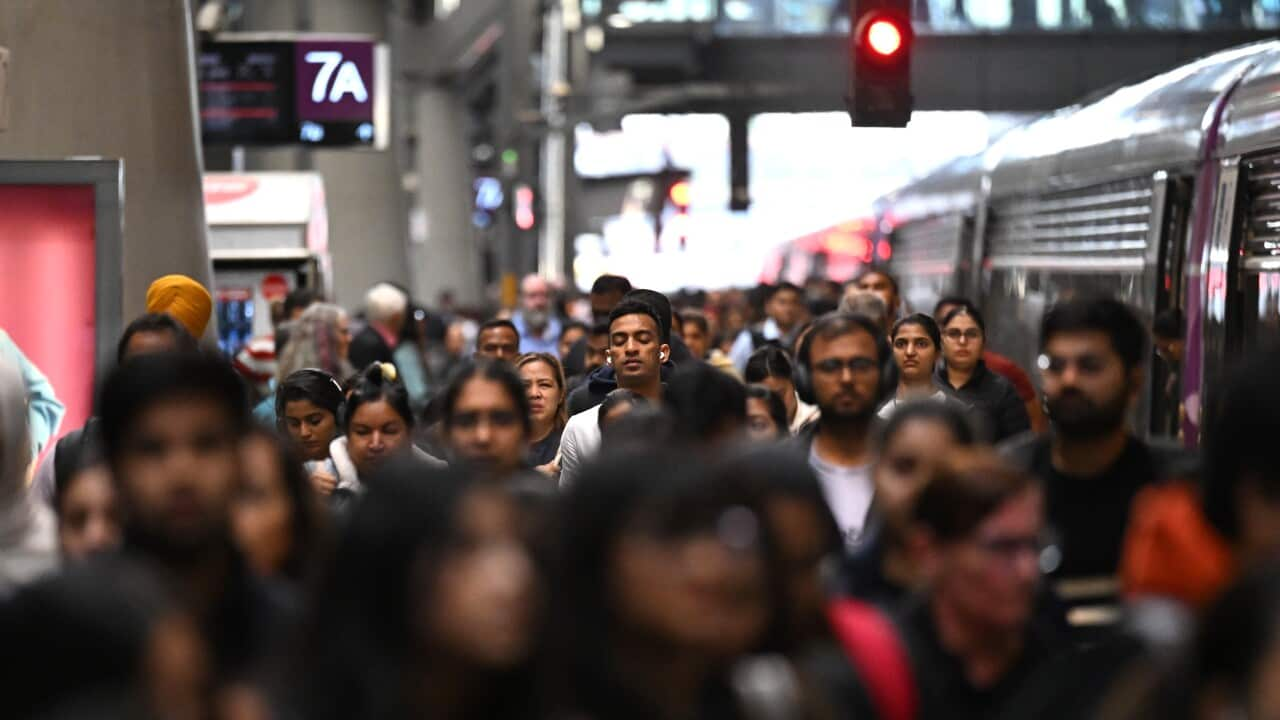More than 150 oil tankers from Russia’s so-called shadow fleet have been sanctioned by the Australian government.
But according to data compiled by the Centre for Research on Energy and Clean Air in Finland, at least 25 vessels of the 60 first sanctioned in June this year still remain in the supply chains of Australian companies.
Often operating under-cover, these tankers transport Russian crude oil to refineries in India and China -which then, sell refined oil products to importers including Australian companies.
This is Vaibhav Raghunandan, the EU-Russia analyst for the Centre for Research on Energy and Clean Air.
"The way that we define a shadow fleet is any vessel that does not have to comply with the price cap... that have essentially opaque ownership structures, non -determinable insurance, utilise flags ... that are often false."
After Russia’s full scale invasion of Ukraine in 2022, a coalition of countries, including Australia, imposed a price cap on Russia’s crude oil.
So says Dr Anton Moiseienko, who is a senior lecturer in law at the Australian National University.
"They want to constrict the access of the Kremlin to those revenues, but they don't want to limit the supply of oil to global markets. The oil price cap, sets the price at which Russian oil is allowed to be traded with third countries such as India, China, and others."
The Centre for Research on Energy and Clean Air uses maritime traffic, shipping, customs and market data to track shipments.
It warns the shadow fleet has become the backbone of Russia’s exports helping it sell oil above the price cap.
"According to our data, 85 % of the volume of oil delivered by these vessels has been to the Jamnagar refinery, which sends and exports oil products to Australia. So in a sense, Australia is undermining its own vessel sanctions by continuing to import from a refinery that does not adhere or respect these vessel sanctions."
The issue of Australian companies importing refined Russian crude oil was raised at Senate Estimates earlier this month.
The Foreign Minister, Penny Wong, stating the private sector should be responsible for its own supply chains.
"Ultimately there is a limit to what governments can do here, because of the lack of traceable mechanisms."
One company has been singled out.
"I hope that you will join me in saying to bp that there is a very strong cross-party view that we should be reducing any revenue to Mr Putin, including through the provision of secondary product."
A spokesperson for BP has told SBS News it has: “processes and controls for maintaining compliance with applicable trade sanctions.”
A Department of Foreign Affairs and Trade spokesperson said while it does not comment on potential sanctions, the department is "evaluating options to place further pressure on Russia's oil revenues."
But experts suggest the government should take further action.
Moisenko, again.
"The real step that Australia could take is not to keep playing that whack-a-mole game, but to sanction the refineries that are buying wholesale Russian crude oil and reselling it to places like Australia."
You can read more on this story here
